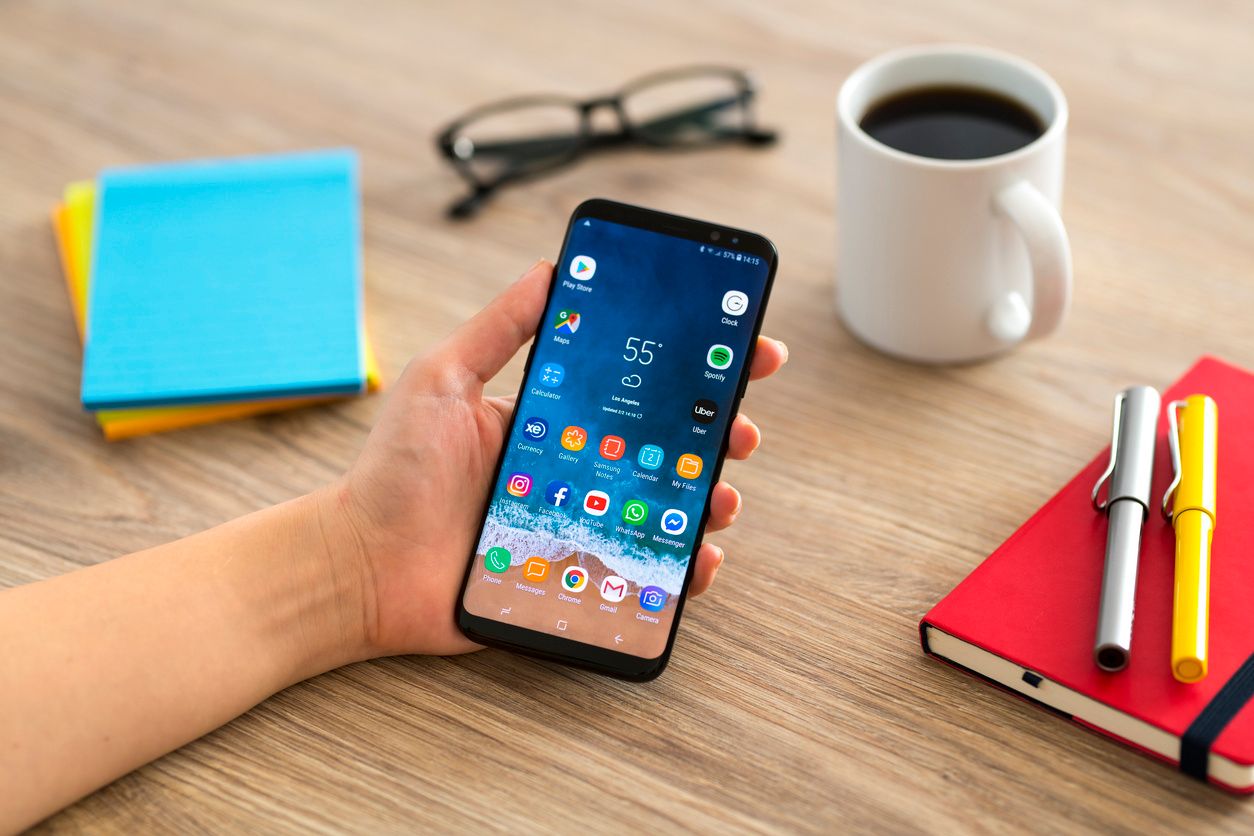4 Smart Ways to Use Your Mobile Phone More Safely
Millions of Americans rely on their smartphones in several critical ways. It might represent a means of communicating with friends and loved ones, or of accessing entertainment. It might even help you earn a living.
Some of the data you send using your mobile phone might be highly personal and sensitive. Thus, it’s worth taking precautions to ensure that this data doesn’t end up in the wrong hands. But what do these precautions look like?
Update all of your apps
Modern smartphone apps are like any other computer software in that they are fallible. Hackers might be able to exploit vulnerabilities, which means that developers face a constant race to identify and address those vulnerabilities via patches.
By installing those patches, you can limit your exposure and ensure that you enjoy the best possible protection.
Check your privacy settings
Almost all modern phones come with a considerable range of privacy settings. You’ll usually always be able to adjust your permissions on a per-app basis. Check which apps you’ve allowed to access your photos, location, and microphone. Make sure that you only allow data to be accessed where it’s logical and necessary.
You might also find that your phone allows you to block cookies, mask your IP address, and prevent your activities from being logged in a history.
A Virtual Private Network can also be a valuable asset. These can be installed on your router, your desktop machine, and directly on your mobile phone. Get one that’s appropriate for your device: Apple fans can protect themselves using a VPN for iPhone.
Review accounts you’re logged into
Often, it’s worth remaining logged into certain services so that you can access them at a moment’s notice. But if your device is stolen or otherwise compromised, then you might find that this becomes a liability. Make sure that the services you use are protected by different passwords, ideally with the help of a password manager, and that you log out of them when you know you’re not going to be using them for a while.
Avoid using public Wi-Fi
Logging onto the internet using public Wi-Fi is always risky, since you’re creating an opportunity for your data to be intercepted as it passes through the local router. In some cases, a malicious actor might even set up a Wi-Fi service that poses as a benign one, in a so-called ‘evil twin’ attack.
If you absolutely must use public Wi-Fi, then at the very least you should set up a VPN, so that any data you do send will be suitably encrypted.
